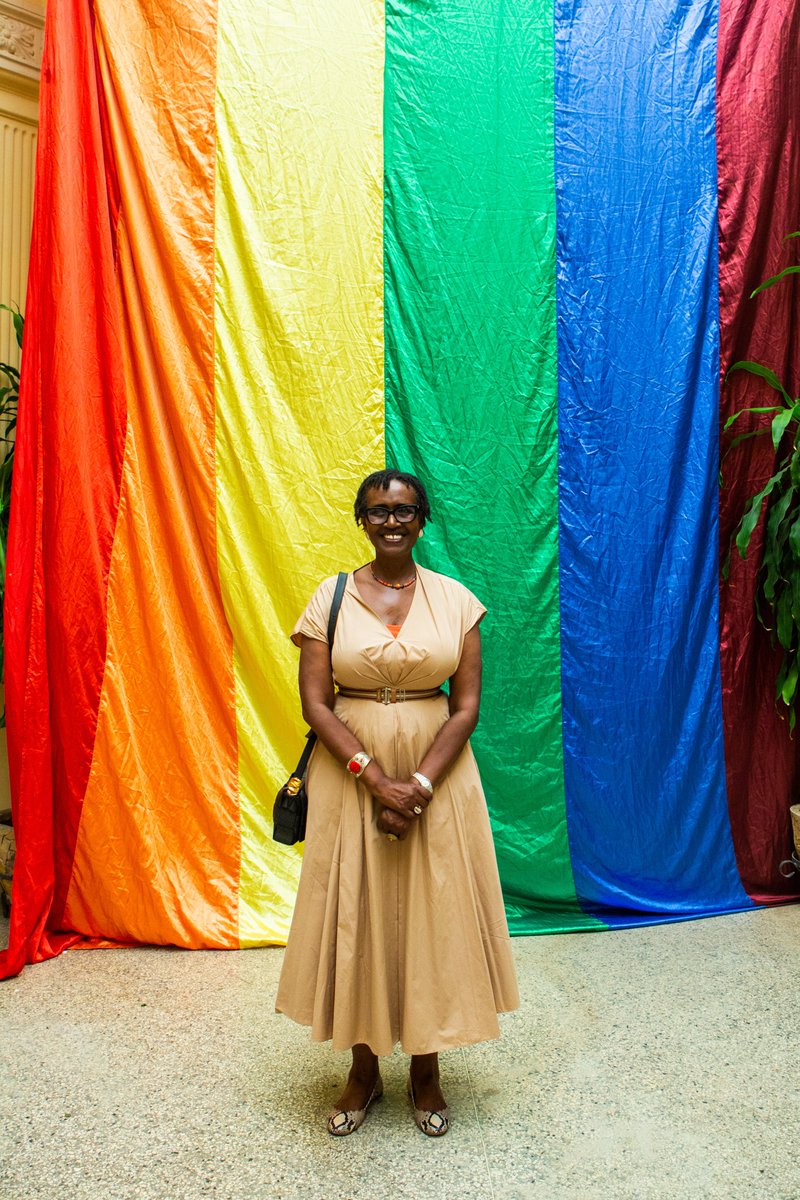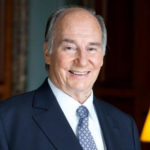By Winnie Byanyima
The events of this year’s PRIDE month are showing the world the power of inclusivity. It is by only insisting on acceptance, and rejecting criminalization, discrimination and stigmatization, that we can ensure a fairer, safer, future for all. We are all invited to be allies.
PRIDE has always been a protest and commemoration as much as celebration. The first marchers in New York more than 50 years ago understood PRIDE as a way to reject the shame that others sought to impose on them, and to honour the memory of people who had been mistreated and defamed.
For them, defiance and joy were not opposites; their joy was defiance. The LGBTQ+ community have refused to accept subjugation and have stood in solidarity with all marginalized people.
PRIDE has always been about collective action for justice. The determination of LGBTQ+ communities and of allies to ensure inclusion for all people has been core to the advances that have been made in recent decades on human rights and in public health.
It is not a coincidence that it was the networks of gay activists built up from the late 1960s who went on to pioneer the community response to HIV at the onset of the AIDS pandemic in the 1980s. They helped mitigate the spread and impact of the virus by providing peer-to-peer information about HIV and delivering care and support at a time when no one else was willing to do so.
They reached out in partnership to defend all minorities from discrimination and violence, and they founded campaigns to overturn the laws and attitudes which violate human rights and obstruct people’s access to services.
As HIV treatment and prevention innovations expanded, it was groups spearheaded by LGBTQ+ activists including ACT UP in the United States and the Treatment Action Campaign in South Africa who drove the campaigns to break the monopoly hold on production of medicines so that all who needed medicines to treat and prevent HIV could access them.
So much has been won. At the beginning of the AIDS pandemic most countries criminalized LGBTQ+ people — but today more than two thirds of countries do not criminalize them. Since 2019 alone, Botswana, Gabon, Angola, Bhutan, Antigua and Barbuda, Barbados, Singapore, Saint Kitts and Nevis, Cook Islands, Mauritius and Dominica have all repealed laws that had criminalized LGBTQ+ people.
But the progress that has been made is in danger. LGBTQ+ people are under attack, and alongside the attacks on LGBTQ+ communities are attacks on the rights of women and girls, on migrants, and on ethnic and religious minorities.
Leaders fearful of their status and power are whipping up hatred of minorities to divert attention from economic and political woes. They are pushing for draconian laws and enabling vigilantes to follow through on their verbal violence with physical violence.
Meanwhile, at a time when solidarity with human rights defenders is vital and urgent, funding support for civil society organizations is shrinking as donor countries cut their budgets.
We are at a hinge moment, a crossroads: the end of AIDS as a public health threat is realizable in this decade, but progress is imperiled; we can win the battle for human rights for all, but only if we join together to fight for it. Our collective future will be set by what we do now. Courage and urgency in support of everyone’s human rights is essential to protect everyone’s health.
It is the people at the toughest intersections of injustice who are leading the way. But they cannot succeed alone; they need allies not only on their side but by their side. Stigma kills; solidarity saves lives.
The United Nations is clear: be proud of who you are and be proud to be an ally for the human rights of everyone.
Winnie Byanyima is Executive Director of UNAIDS and Under-Secretary-General of the United Nations.








